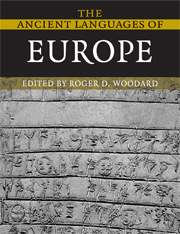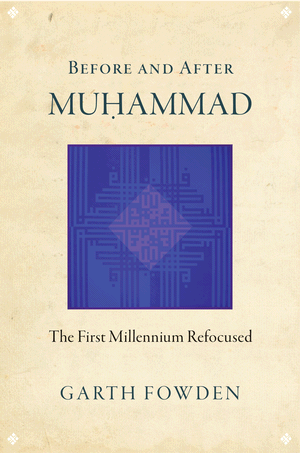See here how a German an Ancient Civilization Studies MA look like !
Here is a brief description:
Venus of Willendorf, the prince's grave in Gommern, Homer's epics, Martial's epigrams, Greek statues, Pompeian homes, the Greek city-states and the Roman empire are just some of the many facets of early European art, literature and history explored by students on the M.A. programme "Ancient Civilization Studies" at Saarland University. The programme is unique in Germany, offering students a combination of ancient history, classical archaeology, classical philology, prehistory and early history to provide them with insight into the early phases of Europe and its cultures.
The Master's degree programme "Ancient Civilization Studies" follows on from the more broad-based Bachelor's programme and provides students with the specialist skills needed for challenging professional positions. Students select one of the four core subject areas as their main subject. Depending on their choice, they focus on the analysis and interpretation of Greek and Latin texts, or of pictorial and visual sources, or of material culture. Excursions, practical training and archaeological excavations complete the M.A. programme. Students will develop and deepen their understanding of their chosen fields and the associated scientific and academic methodologies. The Master's programme enables them to earn a specialized qualification that reflects their individual interests, while at the same time specifically encouraging interdisciplinary learning and research. In addition to their main subject, students also select a subsidiary subject either from the field of ancient civilization studies or from another subject area.
Students should choose a combination of subjects that reflects the career areas in which they later wish to work. By combining a core subject area with individual areas of specialization, graduates can prepare themselves for museum work, curating exhibitions, working on archiving projects or on the preservation of archaeological sites, or for work in journalism, publishing, adult education, tourism, or cultural and public relations. Graduates with a good Master's degree can of course also go on to study for a doctoral degree and a career in academic








_AJ_E51_001.jpg)





























